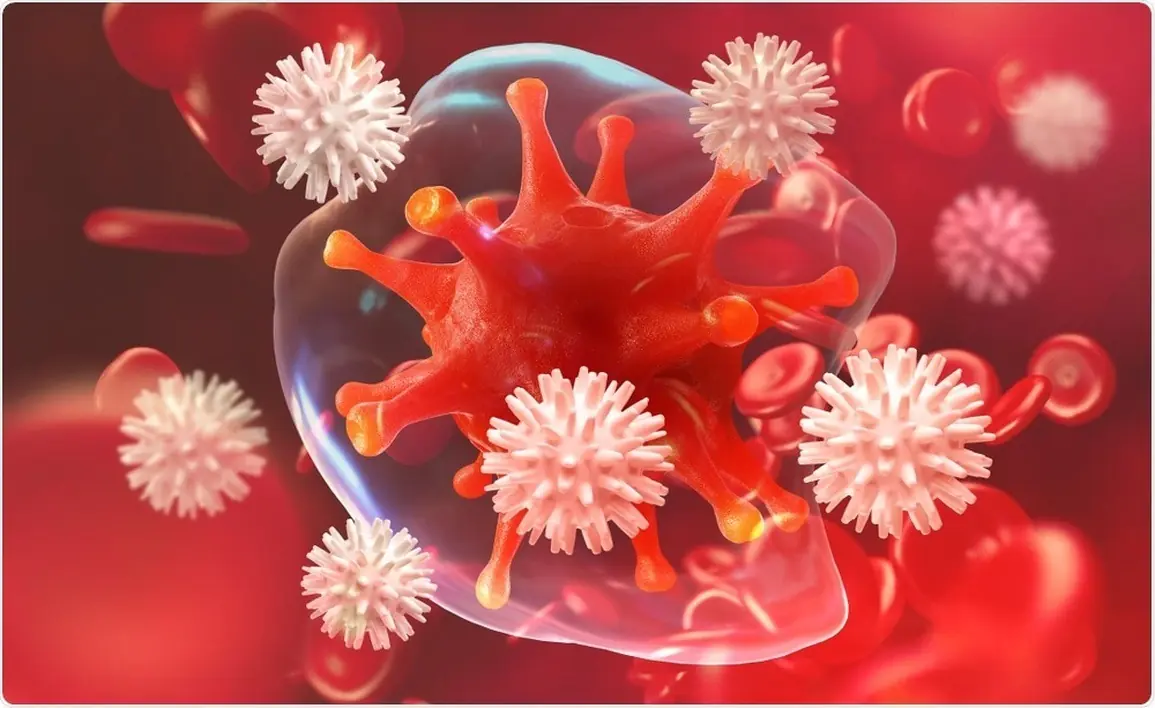
Eliminating One Food From Your Diet May Significantly Lower Your Colon Cancer Risk, Scientists Say
Eliminating One Food From Your Diet May Significantly Lower Your Colon Cancer Risk, Scientists Say
Not long ago, a diagnosis of colorectal cancer in teenagers or young adults was considered extremely rare. Today, however, this scenario is becoming increasingly common. More and more doctors are seeing patients in their teens and twenties diagnosed with a disease that was once largely limited to people over 60. In response to this shift, screening guidelines have been updated—now recommending that colon cancer screening begin at age 45 instead of 50.
What’s Behind the Rise in Younger Cases?
The exact causes are still being studied, but diet—especially the consumption of processed meats—appears to be a major contributor. That said, the picture is more complex, involving a combination of lifestyle, genetic, and environmental factors.
Processed Meats: What Are They and Why Should You Be Concerned?
Processed meats have existed for centuries through methods like smoking and curing, but modern food processing has taken things to a new level. Today’s supermarket shelves are filled with items such as bacon, hot dogs, deli meats, sausages, and even smoked fish. These meats are preserved using smoking, curing, salting, and the addition of chemicals like sodium nitrite and nitrate.
While these additives help preserve color and shelf life, they can turn into harmful compounds during digestion—some of which are known to damage DNA and potentially lead to cancer.
Even poultry products like chicken nuggets or turkey sausages can be considered processed if they undergo similar treatments. And while certain items like smoked salmon have nutritional benefits (like omega-3s), they still carry risks if consumed too frequently.
How Meat Processing Increases Health Risks
Here’s a closer look at the dangers associated with meat processing:
-
Smoking: Produces carcinogenic substances (like polycyclic aromatic hydrocarbons) that attach to the meat.
-
Curing: Uses chemicals that can become N-nitroso compounds, which are highly damaging to DNA.
-
Salting: High salt content can irritate the digestive tract, increasing vulnerability to other harmful substances.
According to the World Health Organization (WHO), processed meats are classified as Group 1 carcinogens—placing them in the same category as tobacco and asbestos. Red meat is considered a Group 2A carcinogen, meaning it’s probably cancer-causing.
How Much Is Too Much?
Eating just 50 grams of processed meat daily (about two slices of bacon or one hot dog) increases your risk of colorectal cancer by approximately 18%, according to WHO. While an occasional indulgence isn’t cause for alarm, regular consumption can have a significant cumulative effect—especially for those with other risk factors like a family history of cancer, obesity, or diabetes.
Why Processed Meats Are Especially Harmful
Researchers have identified several cancer-related mechanisms triggered by processed meats:
-
Carcinogenic compounds: Nitrites convert into DNA-damaging N-nitroso compounds during digestion.
-
Heme iron: Found in red and processed meats, it may cause oxidative damage to colon cells.
-
Microbiome disruption: Processed meats can negatively affect gut bacteria, leading to inflammation.
-
Inflammatory lipids: Recently discovered in colon tumors, these compounds are believed to come from diet.
No cooking method can fully eliminate these risks, and some—like frying or grilling—can actually increase them.
More Than Just Cancer
The risks of processed meats go beyond cancer. Regular consumption has also been linked to:
-
Heart disease
-
Type 2 diabetes
-
Chronic kidney disease
-
Obesity and metabolic syndrome
-
Cognitive decline
This broad range of health risks further supports limiting processed meat intake.
Putting the Risk in Context
An 18% increased risk doesn’t mean everyone who eats bacon will get cancer. The absolute risk varies by genetics, lifestyle, and other factors. Occasionally enjoying processed meats isn’t likely to be harmful—but daily intake, especially when combined with other risks, raises concern.
What the Latest Research Shows
Recent findings from the 2025 Dietary Guidelines Advisory Committee reinforce the link between diet and colorectal cancer. Diets rich in:
-
Fruits
-
Vegetables
-
Whole grains
-
Legumes
-
Nuts
and low in:
-
Red and processed meats
-
Refined grains
-
Sugary foods
are associated with significantly lower cancer risk.
Simple Strategies to Reduce Your Risk
Here are a few practical ways to cut down on processed meat:
-
Cut back: Limit foods like bacon, sausages, deli meats, and jerky.
-
Be cautious of "natural" labels: Organic or natural options may still contain harmful nitrites.
-
Choose lean proteins: Replace with poultry, fish, or plant-based sources like beans, lentils, and tofu.
-
Go gradually: Start by reducing intake once per week and increase over time.
-
Cook safer: Use boiling, steaming, or baking—avoid high-temperature frying or grilling.
-
Eat more fiber-rich foods: These support digestion and overall health while helping maintain a healthy weight.
Lifestyle Matters Too
Diet is only one part of the puzzle. Maintaining a healthy weight, exercising regularly, and avoiding tobacco all play key roles in cancer prevention. Experts suggest looking at your entire lifestyle instead of focusing only on one type of food.
A Modern Dilemma
It’s ironic: the same foods that once symbolized convenience—brightly packaged, ready-to-eat processed meats—are now flagged for long-term health risks. The takeaway isn’t that you have to completely avoid them, but that moderation and a shift toward whole, minimally processed foods can lead to better outcomes.
Final Thoughts: Small Changes, Big Results
The scientific consensus is clear: regularly eating processed meats increases your risk of colorectal cancer. However, by reducing your intake and adopting a more plant-forward, balanced diet, you can significantly lower your risk and improve your long-term health.
As one expert put it:
"No need to panic about the occasional hot dog—but if it’s a daily habit, it might be time to try something new. Your future self may thank you."
Summary Table: Dietary Patterns and Colorectal Cancer Risk
| Dietary Pattern | Associated Risk for Colorectal Cancer |
|---|---|
| High in fruits, vegetables, legumes, nuts, whole grains | Lower risk |
| High in red and processed meats, refined grains, sugary foods | Higher risk |
| Includes fish, low-fat dairy, tea, coffee (in moderation) | Lower risk |
News in the same category


People at Risk of Cancer Often Show 3 Warning Signs in the Neck – Early Checkups Can Save Lives

Young Woman Suffers from Back Pain and Sleepless Nights, X-Ray Reveals 'Honeycomb Bones' – All Caused by a Popular Beverage
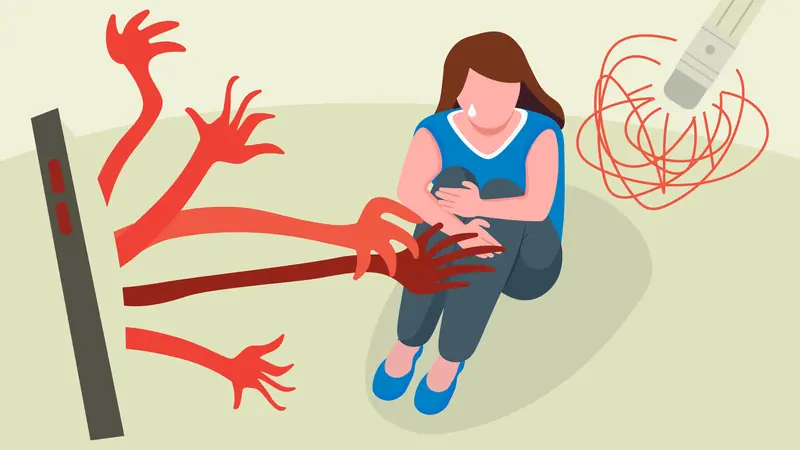
Study Finds: The Body Remembers Trauma Even When the Mind Has Moved On
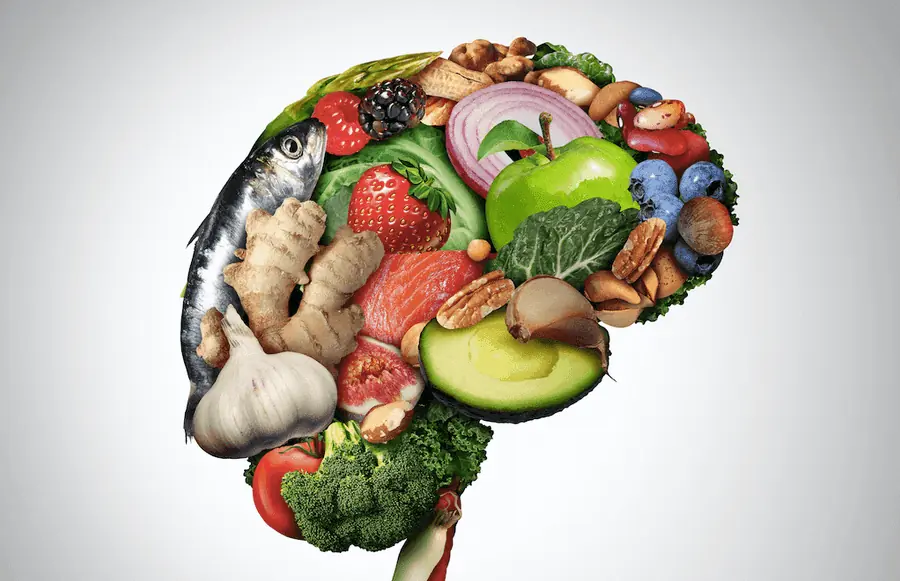
Increasing Protein Intake May Help Slow Alzheimer’s Progression, New Study Suggests

Oatmeal and Guava: A Natural Remedy for Leg Cramps, Diabetes, and High Blood Pressure
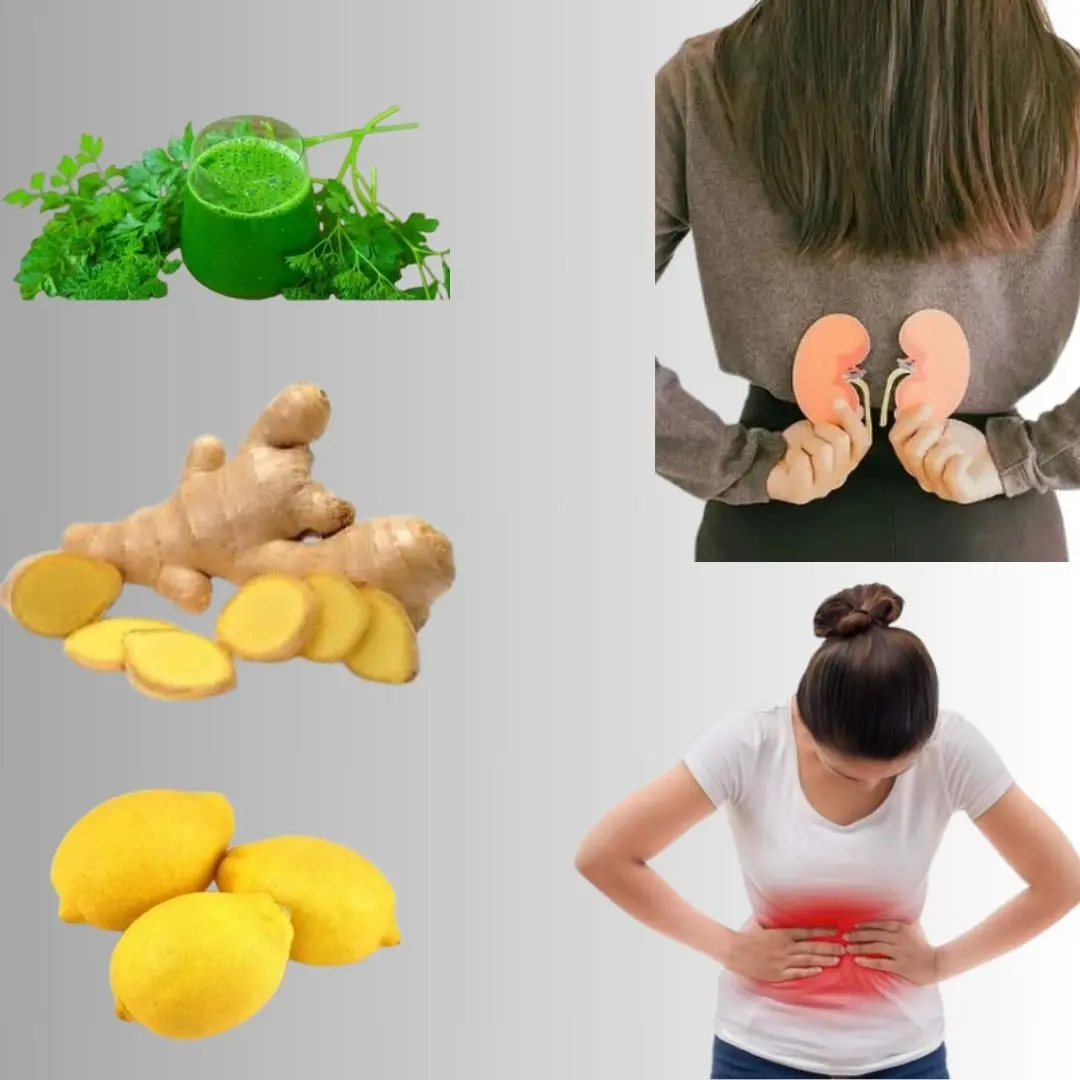
Ancient Herbal Infusion to Cleanse Your Kidneys and Eliminate Toxins
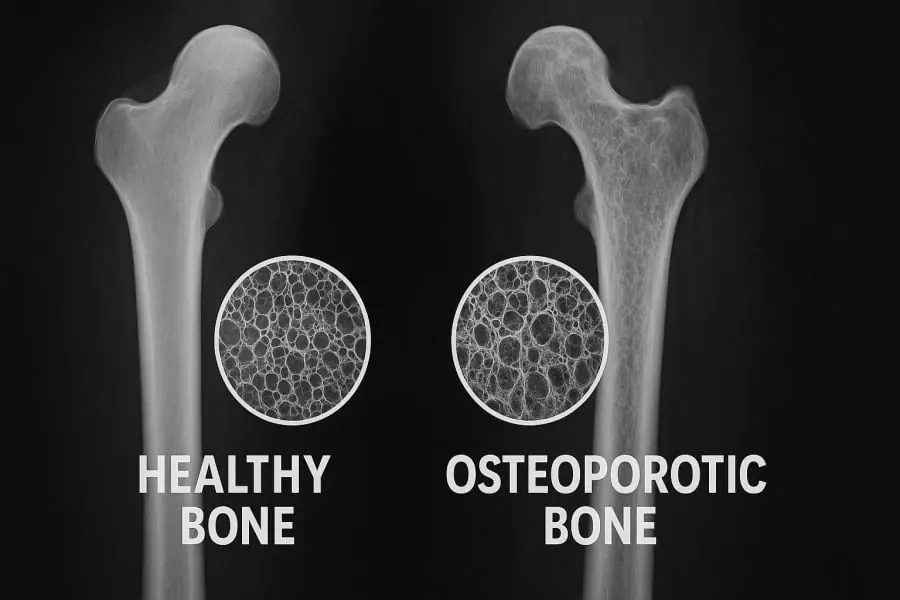
The Hidden Culprits Behind Osteoporosis: 3 Common Drinks You Should Watch Out For

6 Warning Signs You Shouldn’t Ignore – Early Indicators of Cancer

Doctors Reveal the Reasons Why More and More Young People Are Getting Cancer

10 Natural Remedies for Bronchitis to Ease Painful Cough Attacks
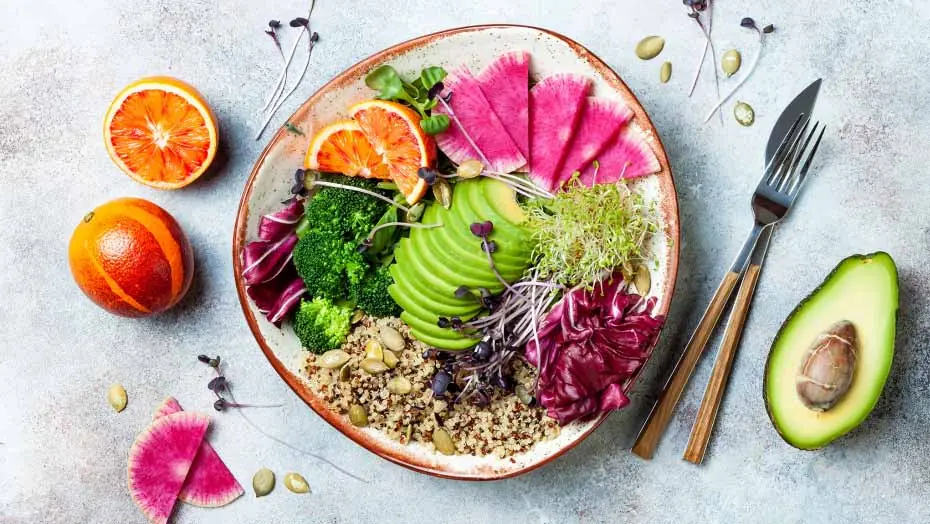
Nature’s Top Lymphatic Cleansers: Detox & Strengthen Immunity Naturally
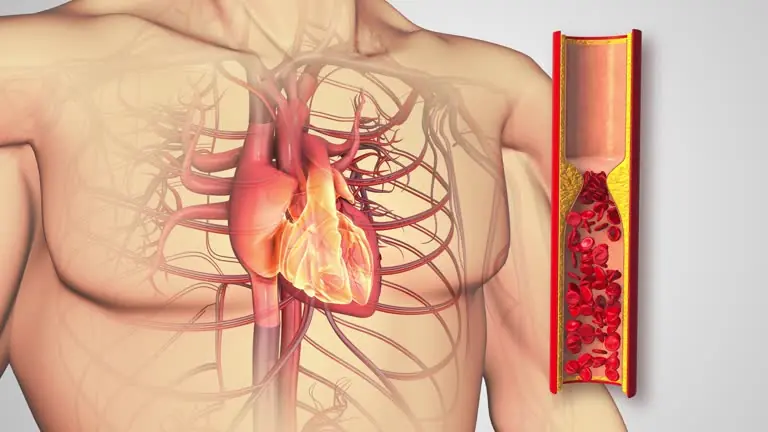
10 Warning Signs Your Body Might Be Giving You About Clogged Arteries
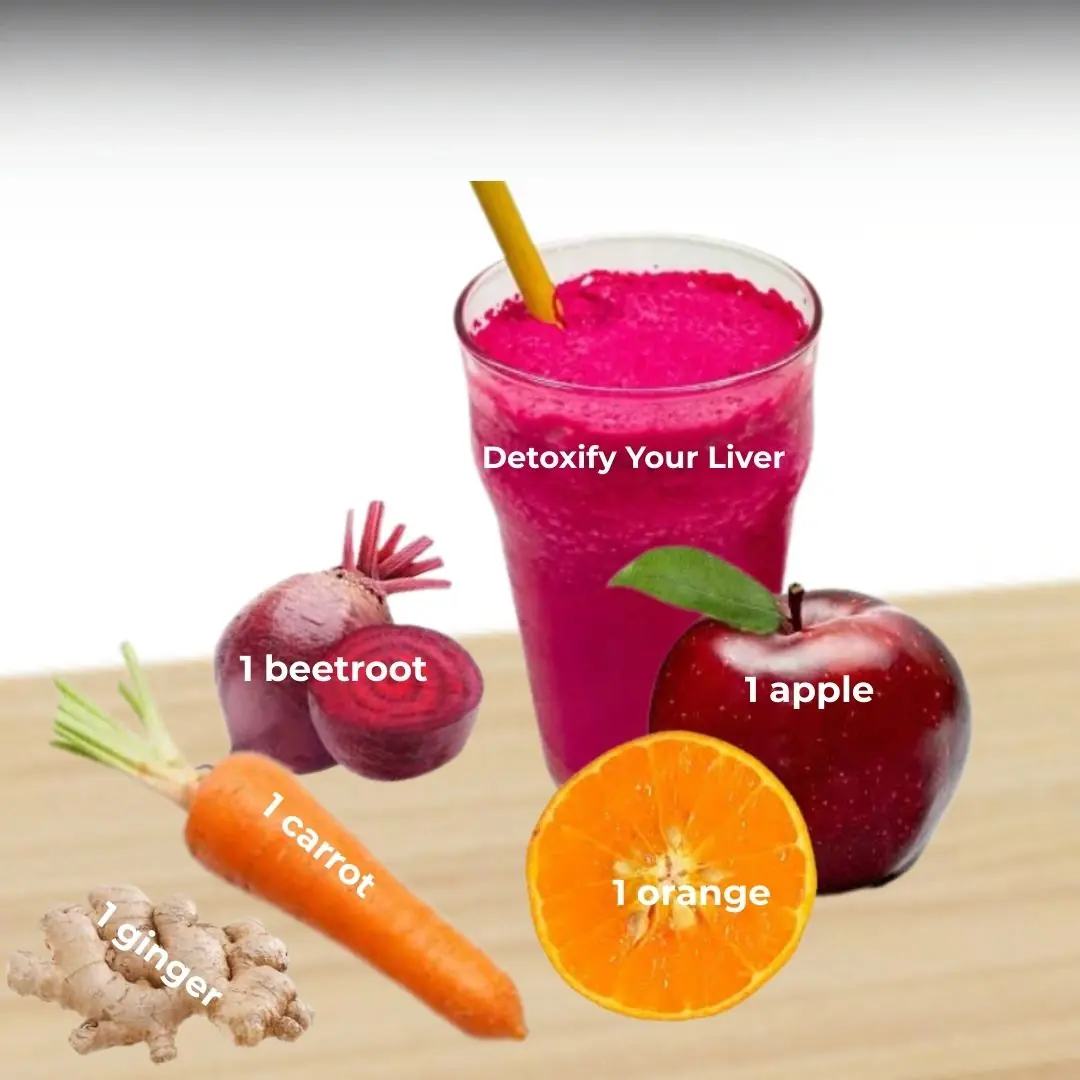
Cleanse Your Liver Naturally with This Powerful Juice: Beetroot, Apple, Carrot, Orange & Ginger

The Surprising Benefits of Combining Eggs and Coffee: A Nutritious and Energizing Pair

Ginger Lemon Juice: A Potent Elixir for Health and Wellness
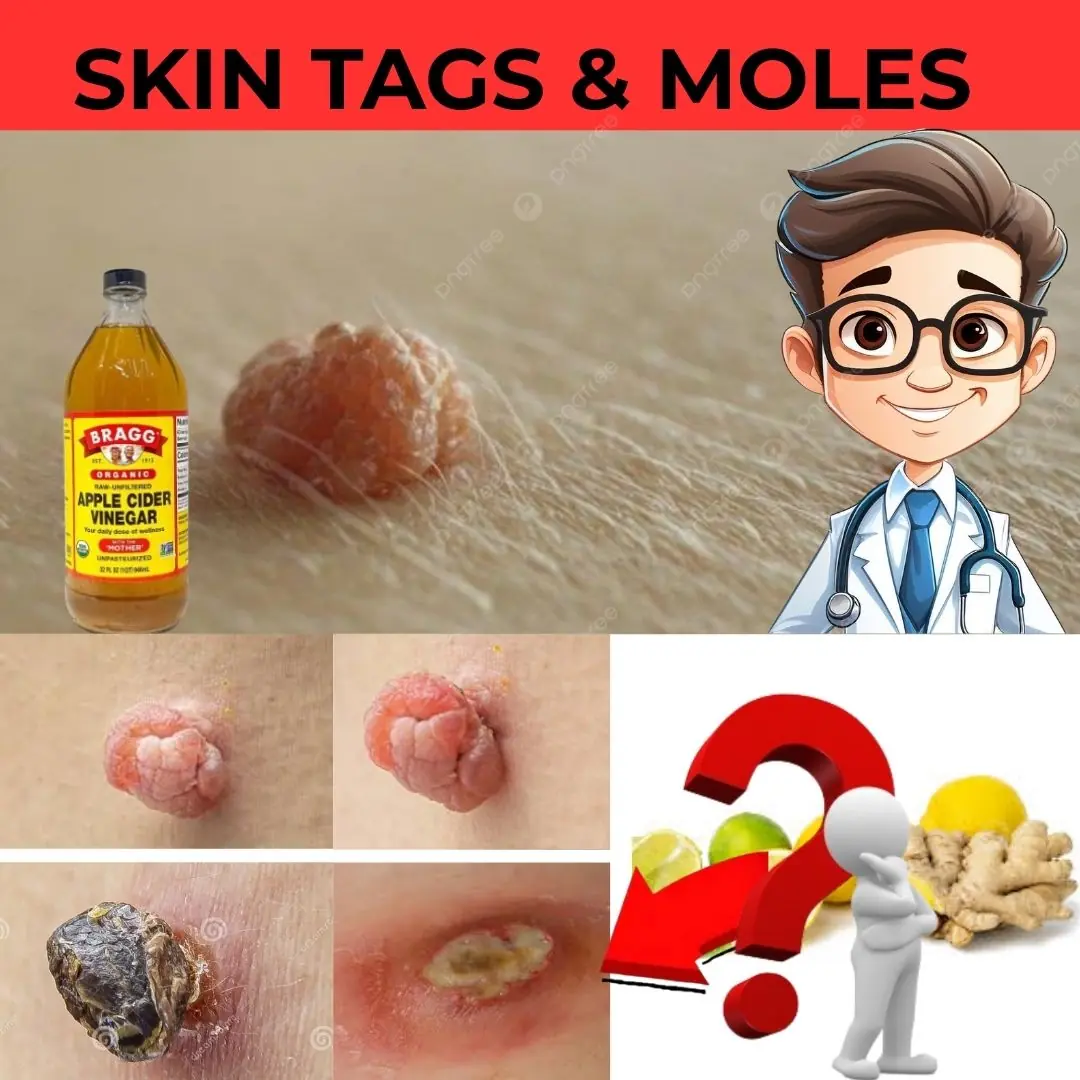
Leg Pain, Rheumatism, Varicose Veins, Arthritis – Natural Remedy with Cloves & Garlic! 🧄🌿

6 Dementia Symptoms You Might Overlook at First

10 Snoring Solutions Your Partner Will Be Thankful For
News Post

One Day, This Teacher Couldn't Work Due to Pain — Now She's a Single Mom Fighting to Stay Alive for Her Daughter

The Meaning Behind Pope Leo XIV's Name Explained - Details

6 Types of Pain That Signal Cancer Cells May Have Reached the Final Stage

People at Risk of Cancer Often Show 3 Warning Signs in the Neck – Early Checkups Can Save Lives

President Donald Trump Reacts to the Appointment of the New Pope Leo XIV – Details

Young Woman Suffers from Back Pain and Sleepless Nights, X-Ray Reveals 'Honeycomb Bones' – All Caused by a Popular Beverage

Pope Leo XIV's Real Attitude Toward Donald Trump Uncovered — His Take on the American President

Study Finds: The Body Remembers Trauma Even When the Mind Has Moved On

Increasing Protein Intake May Help Slow Alzheimer’s Progression, New Study Suggests

THIS MAN SAT ON THE FLOOR AND READ ALL DAY—WHEN I ASKED WHY, HIS ANSWER BROKE ME

The Bride Fainted at Her Wedding Because of the Words of an Unknown Girl

I FOUND A LONE PUPPY IN THE TRASH—AND THEN THE CAMERA CAUGHT WHAT I COULDN’T EXPLAIN

WE TOOK OUR DOG FOR ONE LAST WALK—BUT THEN HE DID SOMETHING WE’LL NEVER FORGET IN A LIFETIME

I CHOSE FARM LIFE AS A SINGLE MOM—AND TODAY, SOMETHING HAPPENED THAT MADE ME STOP IN MY TRACKS

Princess Catherine Turns Heads in Waist-Cinching Polka Dot Dress

Two Cardinals Who Nearly Became Pope Instead of Leo XIV – One Has a Surprising Hobby

Entitled Dog Owner Made the Airport Hell for Everyone – She Deserved What I Did at the Gate
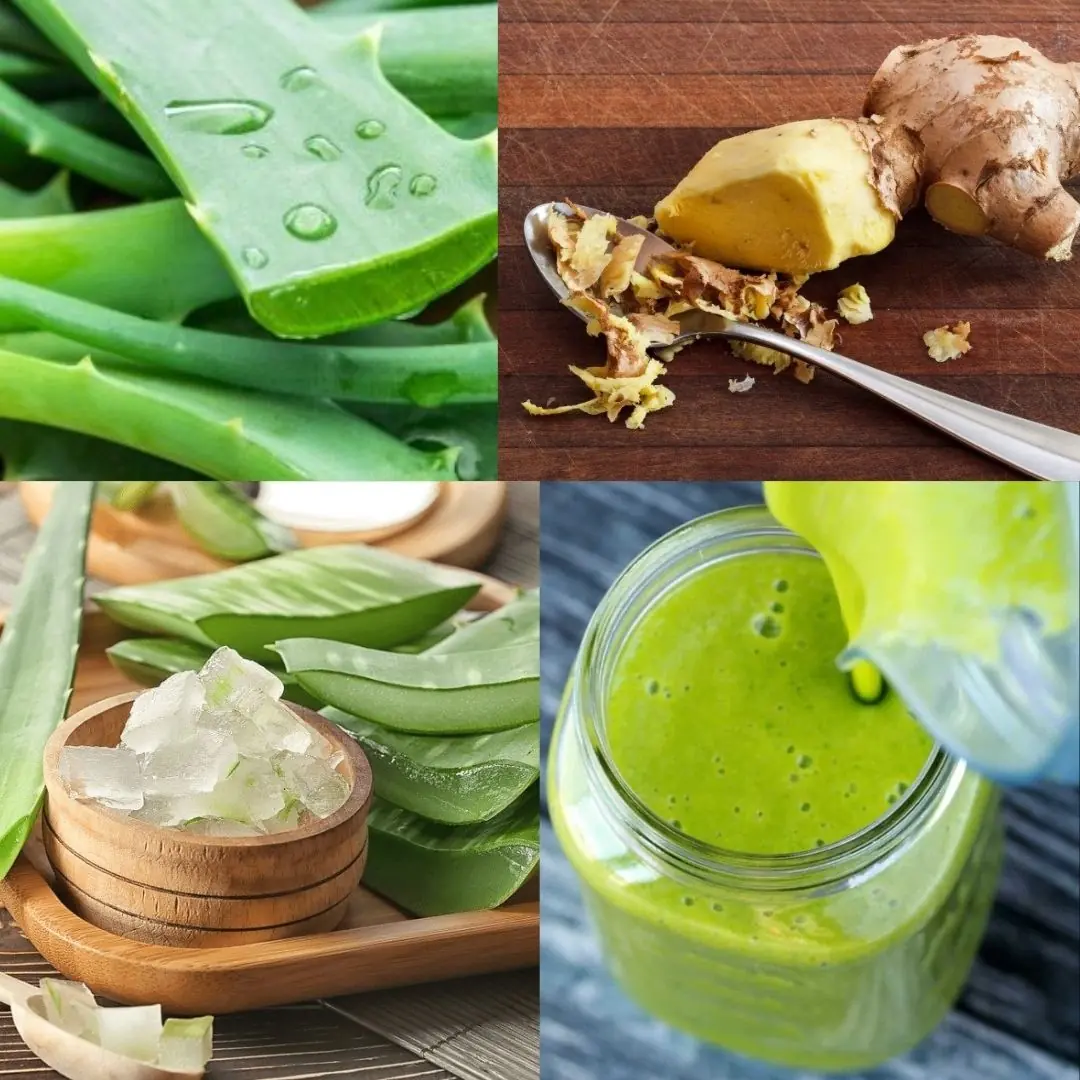
Unleash the Power of Ginger and Aloe Vera: A Natural Antibacterial powerhouse
